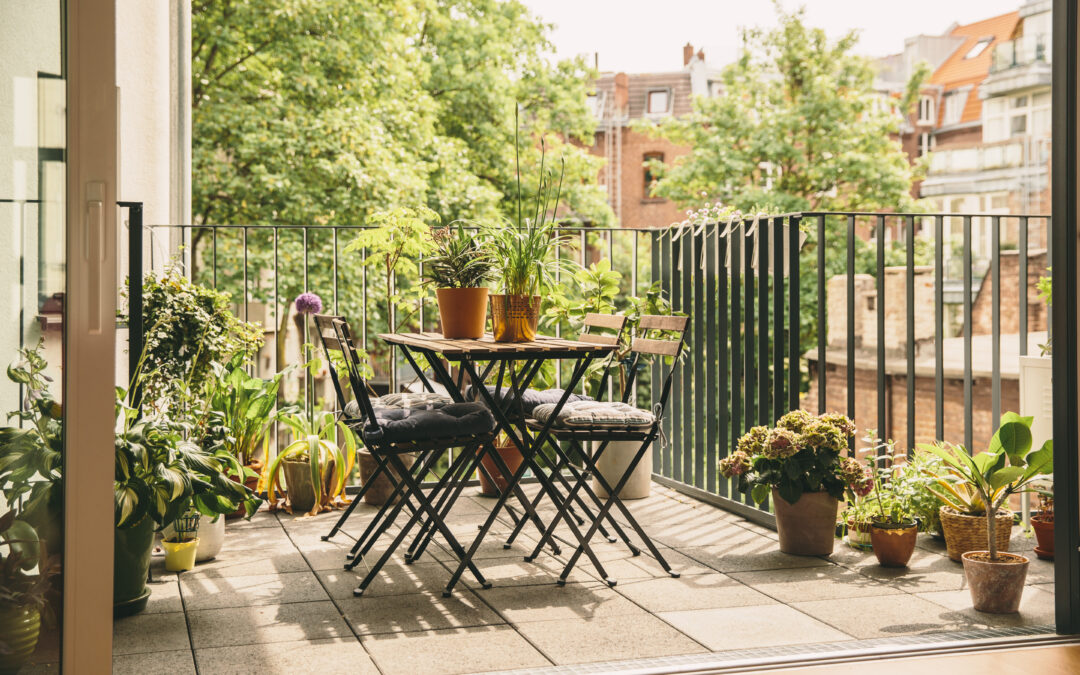Community associations in California must meet new balcony inspections requirements by the end of 2024.
The state’s “balcony bill,” SB 721, was approved by Gov. Jerry Brown in 2018. The bill requires an inspection of “exterior elevated elements” within all multifamily residential buildings containing three or more dwelling units no later than Jan. 1, 2025. It was formulated in response to a tragic balcony collapse in Berkeley, Calif., in 2015, which resulted in seven deaths.
David Swedelson, founding senior partner at Swedelson Gottlieb firm in Los Angeles and a fellow in CAI’s College of Community Association Lawyers, discussed the balcony inspection law during a CAI Greater Los Angeles Chapter event in September.
He says the bill will require many communities across the state to develop plans for balcony inspections and subsequent repairs in the near future. “I have lots of associations that are shocked by how many of their balconies are in seriously bad condition,” Swedelson says. Many communities are forced to address this issue with costly special assessments rather than proactively addressing and preparing for it.
Community associations should create reserve funds to prepare for maintaining and repairing their balconies, Swedelson adds. “I don’t care how much insurance you have, you won’t have enough to cover a wrongful death case,” he warns.
Balcony inspection costs can range from $300–$800; repair costs vary widely. Residents may be unhappy with the added costs, but proper education and proactive communication can alleviate concerns. Swedelson recommends communities hold a town hall to present the issue to their residents; an attorney or balcony inspection specialist can explain the law and why it’s necessary.
California is among several states and localities that have building and façade inspection laws. The Golden State also is among 12 states that require reserve studies or a reserve schedule for condominium associations.
Conversations around condominium safety have increased significantly since the June 2021 collapse of Champlain Towers South condominium in Surfside, Fla. CAI recommends statutorily mandating reserve studies and funding for all community associations. The recommendation also provides details to help communities prepare for a timeframe to practically transition to these new requirements to avoid financial strain on homeowners and the association.
In addition, CAI public policy now recommends additional inspection requirements by developers during the development process and prior to transition to homeowners, as well as periodic inspections post-transition.
>>The CAI Greater Los Angeles Chapter hosts a monthly luncheon, bringing together managers, board members, community association leaders, and vendors to network and learn about regional topics and issues. Find your local chapter.


